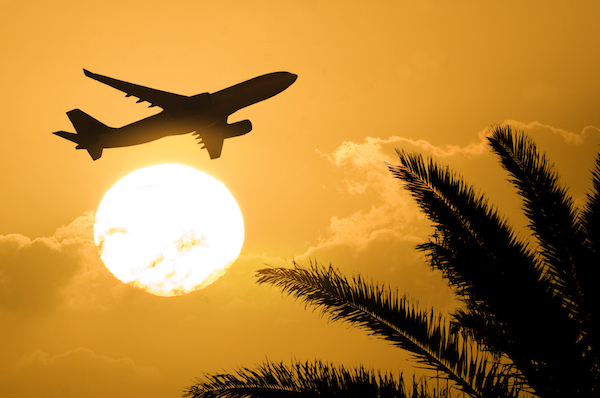Insurance
Lockdown and holiday travel: Your rights

The government announced a second national lockdown in England from this Thursday for a month, putting travellers’ plans in disarray. Here’s what you need to know.
Prime Minister Boris Johnson announced on Saturday evening that a second lockdown would come into effect for England from 5 November until 2 December in a bid to curb the spread of coronavirus.
As part of the measures, international travel and travel within the UK won’t be allowed, unless for work, education or other legally permitted exemptions.
The Foreign, Commonwealth & Development Office also currently advises British nationals against all but essential international travel, though a number of countries are exempt as part of the ‘travel corridors’ list.
Your refund rights
The best way to protect yourself against any sudden change to future travel plans is to buy travel insurance at the same time of booking your flight or holiday.
People due to travel abroad should be protected, as long as they have travel insurance, though coronavirus cover has been few and far between recently.
Individual policies will vary so you need to check the small print.
Travel trade body ABTA, said if your travel insurance policy covers travel disruption (not all do) then you may be able to claim, subject to two exemptions:
- your policy does not have any Covid-related exclusions (likely for most policies issued after the pandemic was first declared, on the basis that Covid is now a known risk when the policy taken out)
- If you have disruption cover and no Covid exclusions then before any claim on the policy, you will need to have shown that you have tried to claim from other sources first. This is because travel insurance is primarily designed and priced to cover the risk of you needing emergency medical treatment overseas, and not to cover refunds that you may be legally entitled to from other sources.
For airline flights only, ABTA suggests speaking to the airline concerned, as it should offer a refund or alternative flight if the original is cancelled. If you paid by credit card, you may be able to claim a refund under the Consumer Credit Act (Section 75 claim).
Holidaymakers should also speak to hotels and car hire firms to request a refund, particularly if no travel insurance is in place.
Anyone actively trying to travel to an area which has a travel restriction imposed by the FCDO would now risk invalidating their travel policy. And those ignoring government advice against all but essential travel are also likely to invalidate their travel insurance.
Protections are stronger with a package deal. Since there is a ban on travel domestically or abroad, travellers should expect to see their package holidays cancelled and to get their money back.
What happens if flights are still scheduled to go?
Some flights are still going ahead as normal and have therefore not been cancelled, so the right to a refund hasn’t been triggered.
Emma Coulthurst of holiday price comparison site, TravelSupermarket, explained that if you’re booked onto one of these flights and it’s scheduled to go, you have no automatic right to a refund.
Some airlines such as Ryanair allow customers to change their flight for free to another date as long as this is done seven days or less before the flight.
British Airways runs its ‘Book with confidence’ policy giving customers the option to change their booking date and destination, or even cancel it completely without penalty.
However, Coulthurst said that not all airlines offer vouchers if a flight is still due to take-off. This means customers are stuck in limbo as they can’t fly due to the restrictions but aren’t able to get their money back. If they cancel the flight themselves, this would be seen as ‘disinclination to travel’ and means customers will lose their money.
She said: “If flights are still running, under current terms and conditions not all airlines will provide vouchers, meaning that people could lose their money if they are travelling soon.
“Now that there is a complete ban on travel from 5 November to 2 December, I urge all airlines to make their policies flexible and allow vouchers during this time. It is unfair not to provide vouchers for future use in these circumstances.”
Also, with UK holidays, the Competition and Markets Authority (CMA) – the government body – has made it clear that when government policy means that consumers can’t go to their accommodation, the contract becomes ‘frustrated’ and holidaymakers should also be given a refund.